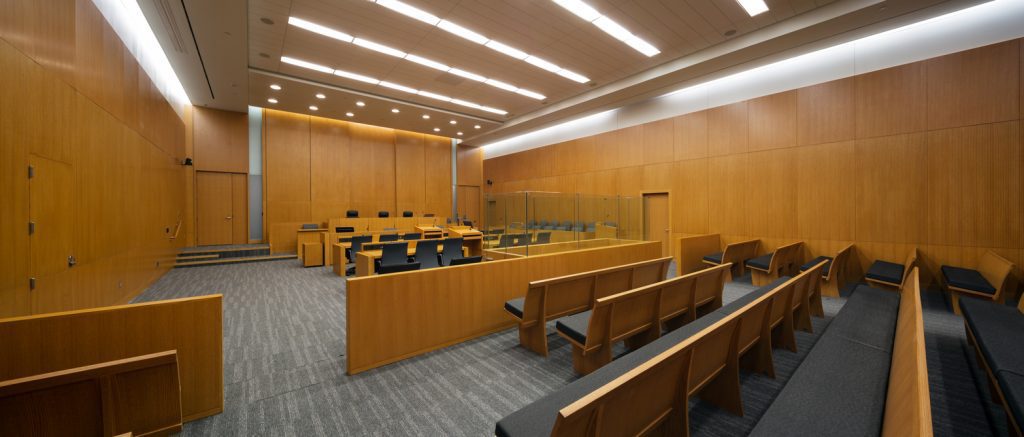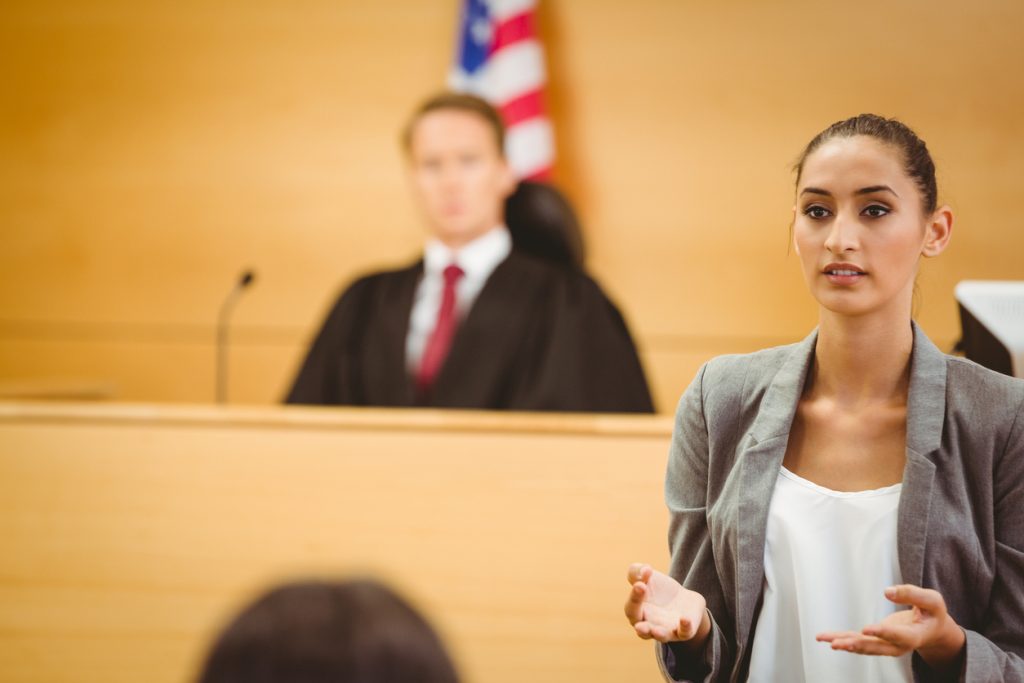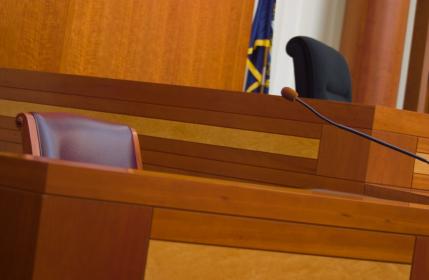If you’ve had any involvement in the legal system in the U.S., you probably know the word “hearsay.” Federal Rule of Evidence 801 defines the term “hearsay” as “a statement that” “the declarant does not make while testifying at the current trial or hearing; and” “a party offers in evidence to prove the truth of the matter asserted in the statement.”
That’s quite the world salad. In reality, the idea of hearsay isn’t nearly as complicated as that definition suggests. Most of the time, hearsay is exactly what you think it is: You’re telling someone what you heard someone else say. So, if you hear Kristine say “Peter did it” and then testified in court that you “heard Kristine say ‘Peter did it,’ ” your testimony is hearsay. The only catch is that the party presenting Kristine’s statement that “Peter did it” must be trying to prove that Peter did it. That’s it.
In general, as Federal Rule of Evidence 802 says, “Hearsay is not admissible….” There are a lot of reasons why courts usually don’t let people present hearsay in court. But the most obvious one has to do with reliability. Is your testimony about Kristine saying “Peter did it” reliable? Maybe. But wouldn’t it be better if Kristine simply testified that “Peter did it” in court? The answer is clearly yes. And that’s what Federal Rule of Evidence 802 is getting at.

Are there exceptions to the hearsay rule?
Yes. In fact, Rule 802 itself recognizes that the general rule has exceptions. Specifically, it states that “Hearsay is not admissible unless” “a federal statute,” the Federal Rules of Evidence or a Supreme Court rule “provides otherwise.” In addition to these exceptions, Federal Rule of Evidence 803 lists 23 exceptions to the general hearsay rule.
But exceptions aren’t the only things you need to know about. There are also exclusions to the general hearsay rule. These exclusions are different than the exceptions because, unlike exceptions, exclusions are not considered hearsay in the first place. Federal Rule of Evidence 801 lists these exclusions. In general, they fall into two categories: a witness’s prior statement and an opposing party’s statement.
Do the Federal Rules of Evidence apply in all cases?
No. We’re using the Federal Rules of Evidence as an example here to make things simpler. But the Federal Rules of Evidence only apply in federal (not state) cases. If you’re charged with a crime in state court, you have to follow the rules of evidence from your state. For instance, if you’re in Tennessee, you’d use the Tennessee Rules of Evidence instead.

The Takeaway:
Hearsay is defined as an out-of-court statement offered by a party to prove the truth of the matter asserted in the statement. If you’re trying to prove Peter did it by presenting a statement from Kristine saying that “Peter did it,” you’re going to have problems with hearsay rules. But there are a lot of exceptions and exclusions. Read the rules that apply in your court to learn more.






